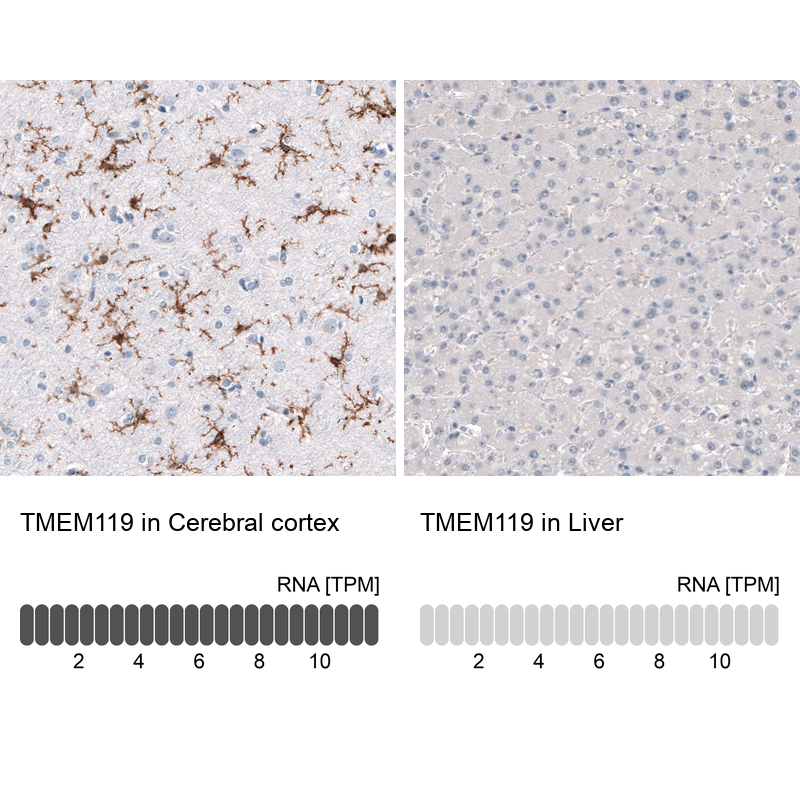Renal cell carcinoma research and anti-DSP polyclonal antibody
Article: "A multiomics disease progression signature of low-risk ccRCC"
 IHC analysis of DSP and its protein abundance plot (Fig. 5 from Strauss et al. 2022).
IHC analysis of DSP and its protein abundance plot (Fig. 5 from Strauss et al. 2022).
The importance of measuring both mRNAs and proteins to understand better the clinical outcome: an example from a recent study.
Clear cell Renal Cell Carcinoma (ccRCC) represents 60–70% of all renal cell carcinoma. Surgery is the only curative option, mainly available for localized tumors.
An improved understanding of the pathophysiology of ccRCC and their progression is critically required to conceive novel therapeutic approaches.
So far, the molecular view of ccRCC has been mainly based on gene expression data with inadequate information on protein features.
By comparing mRNA and protein data, Strauss P. et al. (Scientific Reports, Aug 2022) reveal a significant discrepancy 1) between different cancer stages, 2) between proteomics and transcriptomics data, and 3) highlight significant gaps in the overlap between expressed mRNAs and proteins.
The results suggest that proteins produced outside tumor location may significantly impact the clinical outcomes.
Featured in the study is our anti-DSP (desmoplakin) rabbit Triple A polyclonal antibody (HPA054950) used in IHC.
